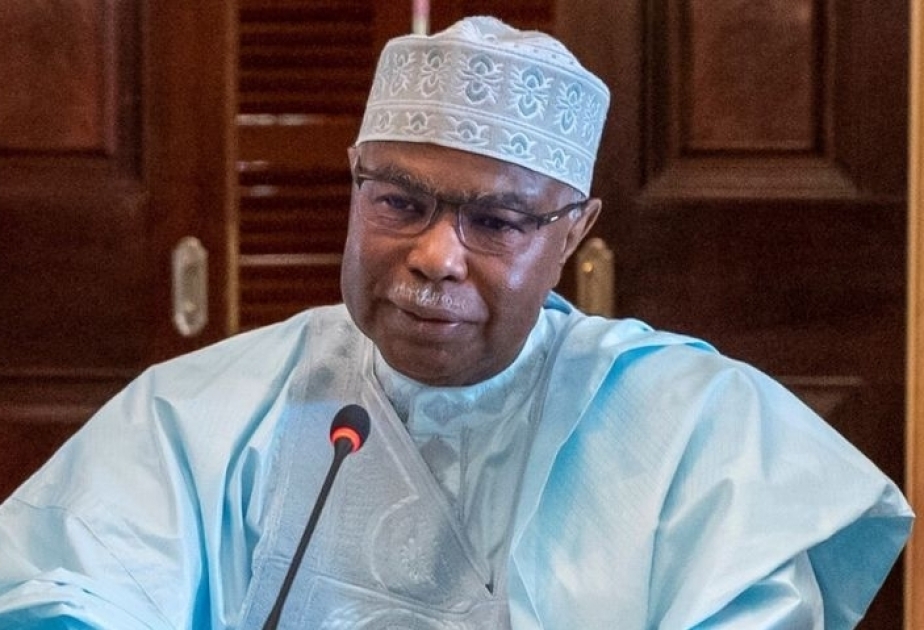JEDDAH — Saudi Arabia and other Gulf countries have been urged to do more to develop and promote the Islamic tourism market.
In
its global trends report, the World Tourism Organisation (WTO) said
recently that the region should be more assertive role in pursuing the
wealth of investment opportunities in the market.
“It is critical for Middle Eastern countries to take concrete steps to develop halal tourism internally,” it added.
It
added that halal airlines and women-only hotels are just some of the up
and coming investment trends currently gaining global popularity.
In
the past, due to Saudi Arabia’s strict religious rules prohibiting
women from checking in hotels or travelling without the presence of a
male family member or written consent from a male guardian, many
investors saw it as a fruitless endeavour to invest in Islamic tourism.
However,
in recent years, Saudi women have taken a more decisive stance in
society and business — currently worth an estimated SR27 billion and
holding up to 35 per cent of the Kingdom’s bank accounts based on Saudi
Arabian Monetary Agency (SAMA) statistics (Kingdom’s central bank).
Hence
more companies in the kingdom are adopting a halal-based business
strategy to cater to the needs of the Muslim female traveller and at
the same time creating a trend.
Hans-Peter Leitzke, managing director of the Rosewood Corniche in Jeddah, Saudi Arabia’s first hotel to have a
floor exclusively for women, said: “We designed our dedicated Ladies
Floor‚ because there is an increased demand for this kind of facility
from Arab ladies and female travellers as a whole, and the response so
far underlines this.”
Since the Rosewood opened its doors nearly five months ago, the hotel has been receiving strong response from female guests.
He said it is expected that other hotels will follow the example in supporting the growing trend.
“We
are confident it will establish the Rosewood Corniche as Saudi Arabia’s
most sought-after hotel for the female traveller. At the same time, I
would not be surprised to see more hotels here and the other parts of
the region opening ladies floors,” he said.
He
explained that apart from Arab women themselves, Arab women’s
organisations that need facilities to hold events in privacy and cater
to their special needs are also a recognisable source of clientele.
A massive
$3.63 trillion is being invested in hotels, leisure projects, aviation,
cruise lines, tourism promotion and supporting infrastructure, across
the Middle East, according to a study ‘The Middle East Industry Outlook
2020’ covering 13 Middle Eastern countries.
The
report is an update of a study by Fast Future and Global Futures and
Foresight (GFF) on the Future of Travel and Tourism in the Middle East
and is sponsored by Siraj Capital, Nakheel and Silverjet.
Strategic partners for the study are the Pacific Asia Travel Association and IMEX Frankfurt.



